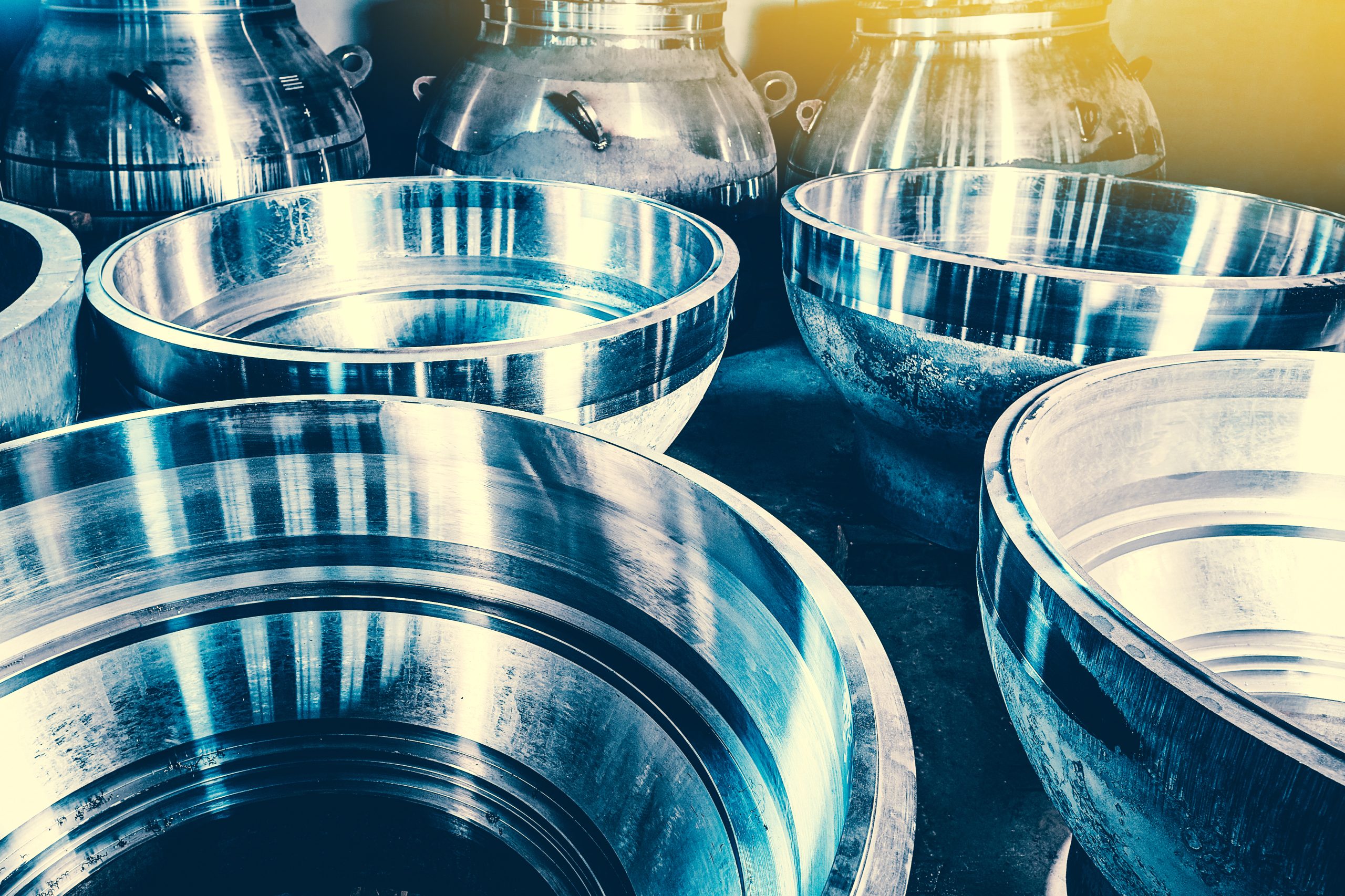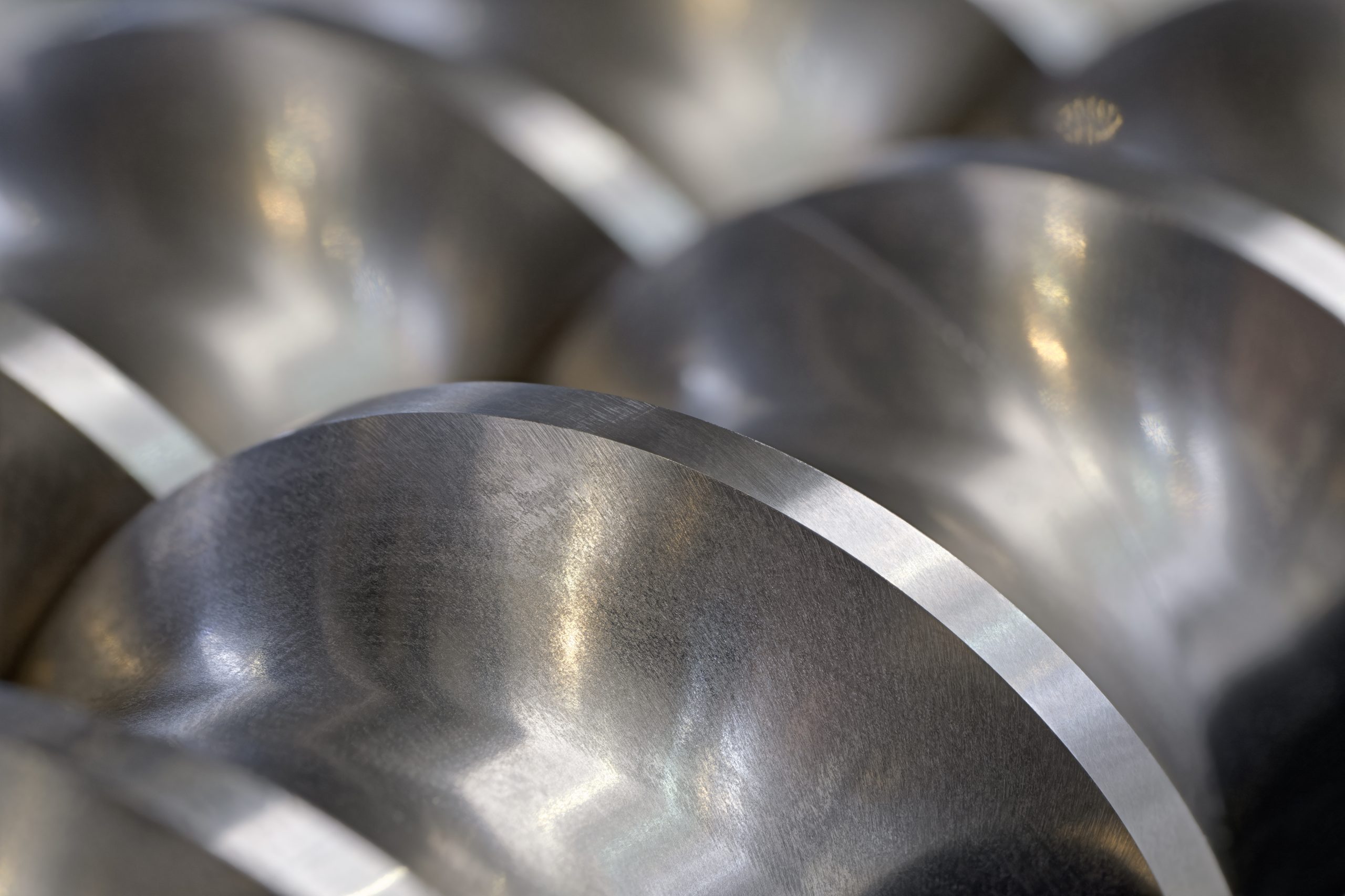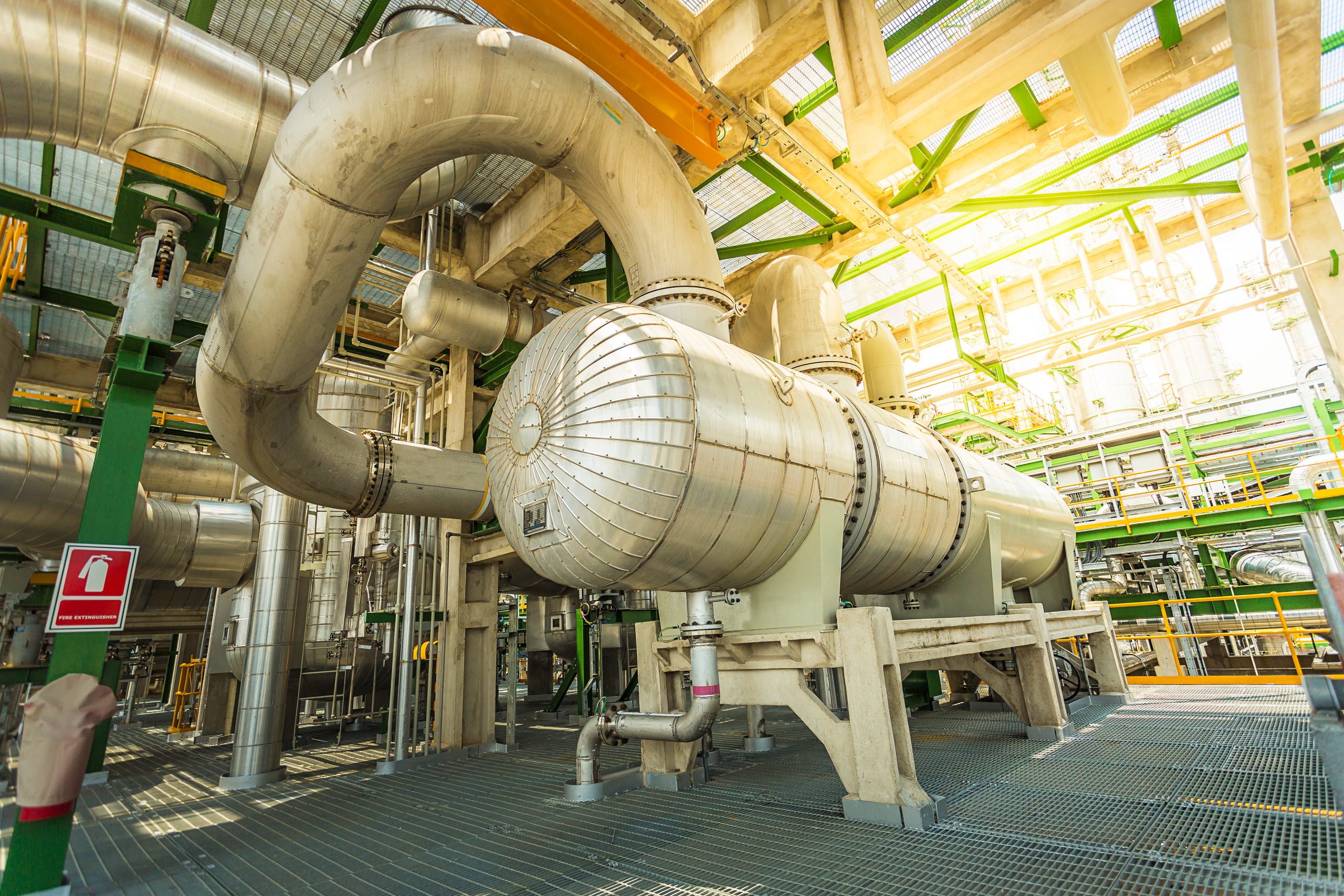
When to Choose Metal Spinning Over Deep Drawing or Presswork: A Practical Guide for Design Engineers


Pressure vessels are an essential piece of equipment in many industries such as chemical, pharmaceutical, oil and gas, and more. Specifically designed to hold products at higher or lower pressures than the environment around it, a pressure vessel is a secure place to keep liquids or gases that are essential to the business. In this guide we’ll be exploring the different types of pressure vessels and their uses.
There are many different types of pressure vessels that can be distinguished in various ways, one of the ways being their purpose or function. We will be looking at the main types of pressure vessels below.
Storage vessels are commonly found in industrial processes, primarily used for holding liquids or in some cases gases. Common examples of products that are kept in storage vessels include ammonia, propane, chlorine, butane, and LPG. Depending on the exact type of product being stored, pressure vessels might be manufactured using different materials with carbon steel being one of the most common.
Storage vessels are typically horizontal or vertical cylinders in shape, but there are a few instances where a spherical storage vessel is more suitable. As well as the vessel’s external construction, a different internal material is sometimes used. This ensures a material can be used for the outside of the vessel that would be at a detriment if it came into contact with the product.
Another common type of pressure vessel is a heat exchanger, which work to transfer heat between two or more liquids. They are commonly utilised in industries such as energy, pharmaceuticals, food, and bioprocessing. In some processes the heat needs to be removed because it will negatively impact the production. Alternatively, it might be that a heat exchanger is used to add heat to a chemical process to ensure the appropriate reaction occurs.
The exact operation of the heat exchanger will depend on several factors including the thermal and flow properties of the liquids and the thermal property of the conductive partition (if it’s an indirect contact heat exchanger). The materials within the heat exchanger become stressed from the change in temperature between the hot and cold liquids and the internal pressure containing the liquids.
Process vessels are a broad category of pressure vessels, they hold liquids and gases for when key industrial processes are needed. For example, decantation, mixing and agitation, distillation, chemical reactions, and mass separation all occur within process vessels. The internal pressure of the vessel will change depending on the type of process being carried out and the transformation of the products involved. Process vessels can be further broken down into other, more specific types, including:
Cryogenic vessels are designed to store and sometimes transport liquefied gases such as oxygen, nitrogen, and hydrogen at extremely low temperatures. They are commonly used in applications like medical cryogenic storage, industrial gas supply, and rocket propulsion systems. Here, the vessel must be made from a material that can withstand dramatic changes in temperature such as Inconel.
The shape and size of a pressure vessel are determined by the design requirements, which depend on the stored product, available space, and budget. Common pressure vessel shapes include:
Of these, cylindrical, horizontal, and vertical pressure vessels all require specialist ends or ‘heads’. These ends are typically hemispherical, ellipsoidal, or flanged and dished. As experienced commercial metal spinners, Tanfield are specialists in creating dished ends for pressure vessels and meeting a wide range of project requirements.
As you can see, there are many different types of pressure vessels with different functions and purposes. If you need metalwork involving pressure vessels, we can work with you to meet your project specifications. Whether you require a bespoke metal spinning service for a large-scale project or other relevant metal processes, our dedicated professionals at Tanfield can help. Contact us today to discuss your requirements, we can be reached by email at talktoanexpert@metal-spinners.com or by phone on 0191 4193377.